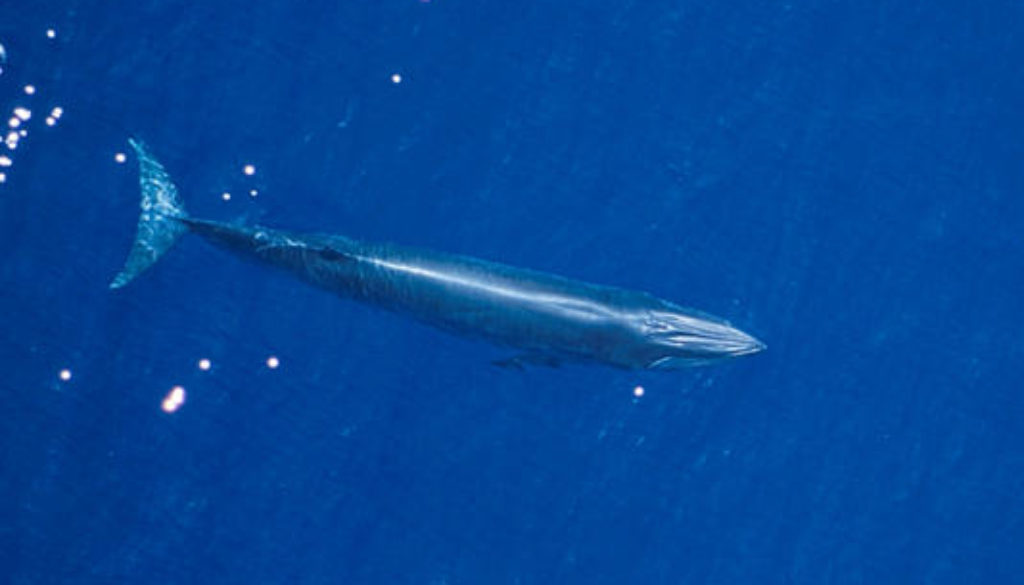The Future of Plastics Is Less: Addressing It at the Source
By Zak Smith, Natural Resources Defense Council
The oil and gas industry is waging a war against wildlife, hitting species from all sides, be it climate change, spills, or plastic pollution. All these activities are putting wildlife in jeopardy, helping produce a world today where more than one million species are threatened with extinction, many within decades. We’re fighting back—and in the case of plastics, we’re taking the battle to the source, demanding that the U.S. Environmental Protection Agency adopt strict new water-pollution limits for industrial plants that create plastic.
The Clean Water Act requires petrochemical plants to use pollution-control standards based on the latest science and technology. But for decades, the EPA has stood by Reagan-era—yes, nearly 40-year-old—standards. The petrochemical plants at issue make the building blocks for all plastics. For example, they take refined oil or cracked natural gas, which is often done at the same plant, and make it into polyethylene pellets (plastic pellets) that form the building block for thousands of plastic goods, like grocery bags, shampoo bottles, and children’s toys.
Today’s petition is about properly controlling the pollution these plants produce, from the nasty chemicals they use to make plastic pellets to the plastic pellets themselves that get spilled or otherwise released into the environment before even being converted into the larger plastics polluting our oceans.
Petrochemical plants discharged 128 million pounds of pollutants into U.S. waterways last year, their operators reported to the EPA, including 77,859 pounds of the most toxic pollutants. And marine species are suffering. Less than six months ago, a Cuvier’s beaked whale died with 88 pounds of plastic in its stomach. The plastic blocked food from getting to the whale’s intestines, likely causing the creature to die from starvation and dehydration.

Mary Gay Blatchley/D’Bone Collector Museum
And plastic can kill marine animals at even smaller amounts. For example, sea turtles have a 20 percent chance of death from consuming just one small piece of plastic, and the chance of death rises to 50 percent if they eat 14 pieces.
Right now, the EPA is letting petrochemical plants off the hook for their contribution to these deaths by allowing them to use nearly 40-year-old technology to control pollution. And the petrochemical industry is gearing up to do even more harm, investing in the expansion or new construction of petro-plastics plants.
In light of the extinction and climate crises, agencies should be scouring laws and regulations, looking for tools that can be immediately used to maximize species conservation and climate change mitigation. The petition that NRDC and 280 community and conservation organizations filed today with the EPA highlights one of those tools. With this action, we open another front in our battle to save wildlife.

